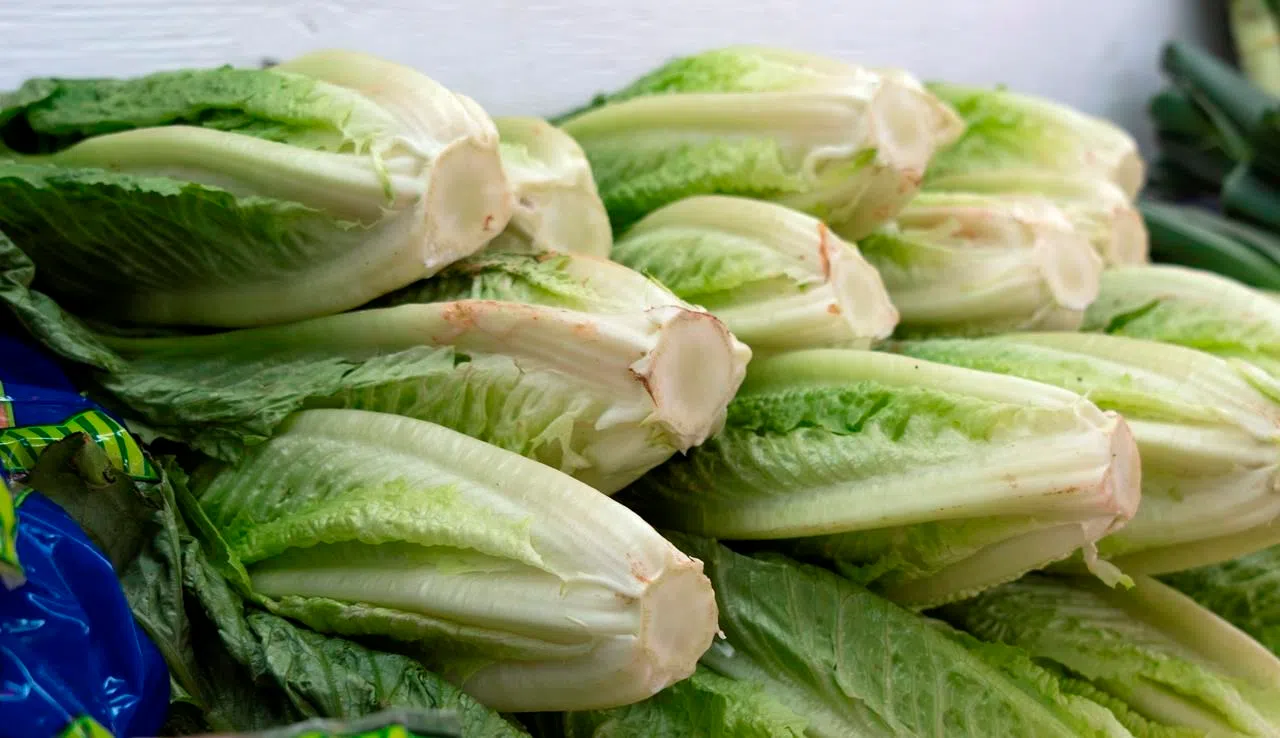
Three more cases of E. coli confirmed, none found in tested Canadian lettuce
OTTAWA — The Canadian Food Inspection Agency has tested more than 2,000 samples of fresh lettuce and packaged salads but it hasn’t found produce containing the bacteria in its search for the source of an E.coli outbreak.
Aline Dimitri, the agency’s deputy chief food-safety officer, said Friday the results don’t mean E. coli is gone from Canada’s food supply.
They do suggest if it’s present it is at very low levels, she said.
Three more cases of E. coli were confirmed in Ontario and Quebec Friday, bringing the total number since mid-October to 22: one in New Brunswick, four in Ontario and 17 in Quebec.


